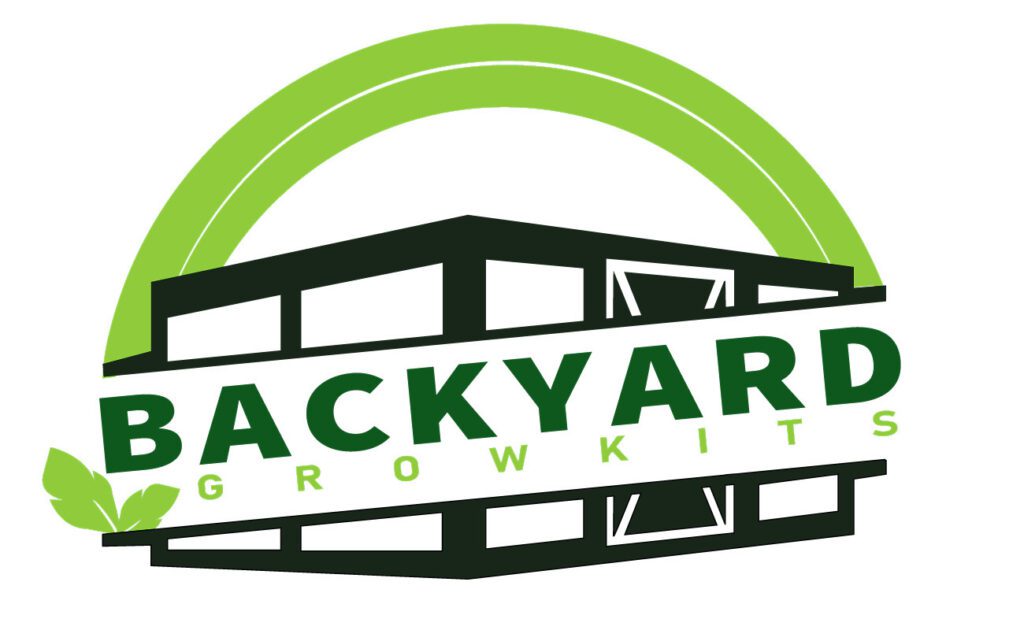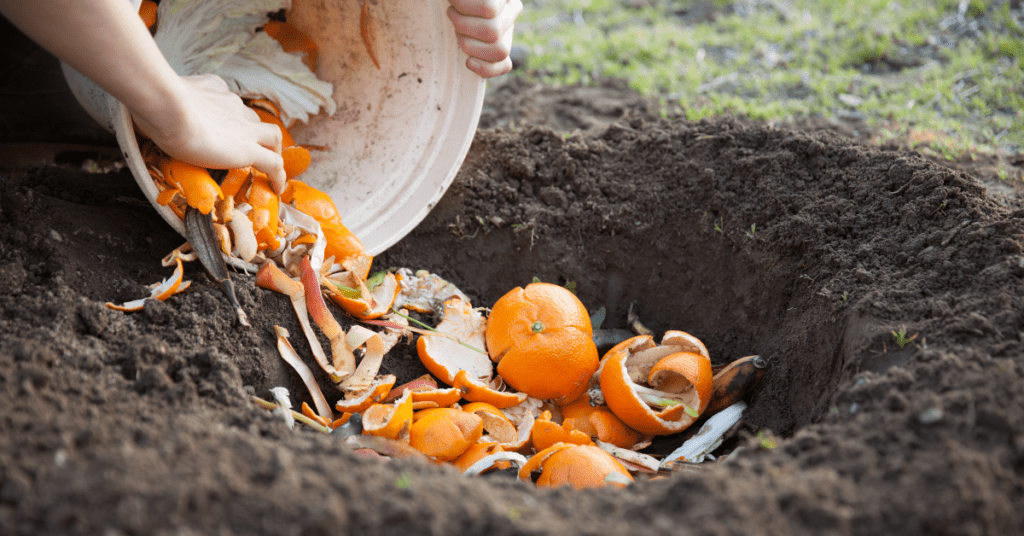What is Composting?
Composting is the process of breaking down organic matter into a nutrient-rich soil amendment that is great for your garden.
The process of composting is simple, cost-effective, and environmentally friendly. Anyone can compost, regardless of space or location.
By composting, you reduce the amount of organic waste that ends up in landfills, which helps to reduce greenhouse gas emissions.
Benefits of Composting
There are many benefits to composting:
First, it reduces the amount of waste that ends up in landfills.
It improves soil health by adding valuable nutrients like nitrogen, phosphorus, and potassium.
Composting can help prevent soil erosion, reduce water usage, and promote healthy plant growth.
Finally, it can save you money on fertilizer and reduce the need for harmful chemicals in your garden.
Different Types of Composting
There are different types of composting, including hot composting, cold composting, vermicomposting, and anaerobic composting.
Hot composting
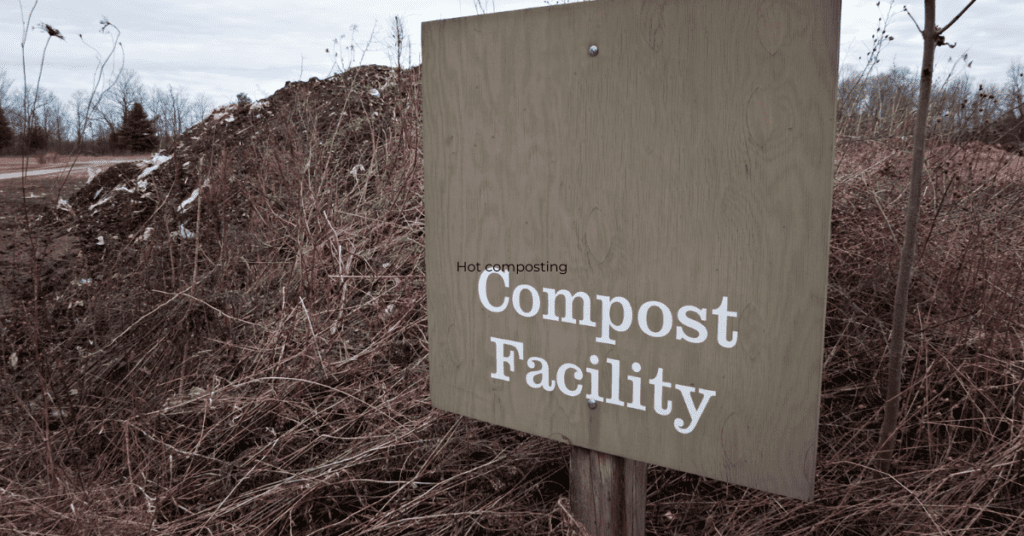
Hot composting is a type of composting that involves creating a compost pile with a specific ratio of carbon-rich materials (such as leaves, straw, and sawdust) and nitrogen-rich materials (such as grass clippings, food waste, and manure).
The pile is then kept moist and regularly turned to encourage aerobic decomposition, which generates heat that can reach temperatures of up to 140°F (60°C).
This high heat helps to break down the organic matter more quickly than other types of composting, which can take several months or longer to decompose fully.
Hot composting can be a good option for those who want to create compost quickly and efficiently. Still, it requires careful monitoring of the pile’s temperature and moisture levels to ensure it works effectively.
The resulting compost can be used to improve soil fertility and structure and to promote plant growth.
Cold composting
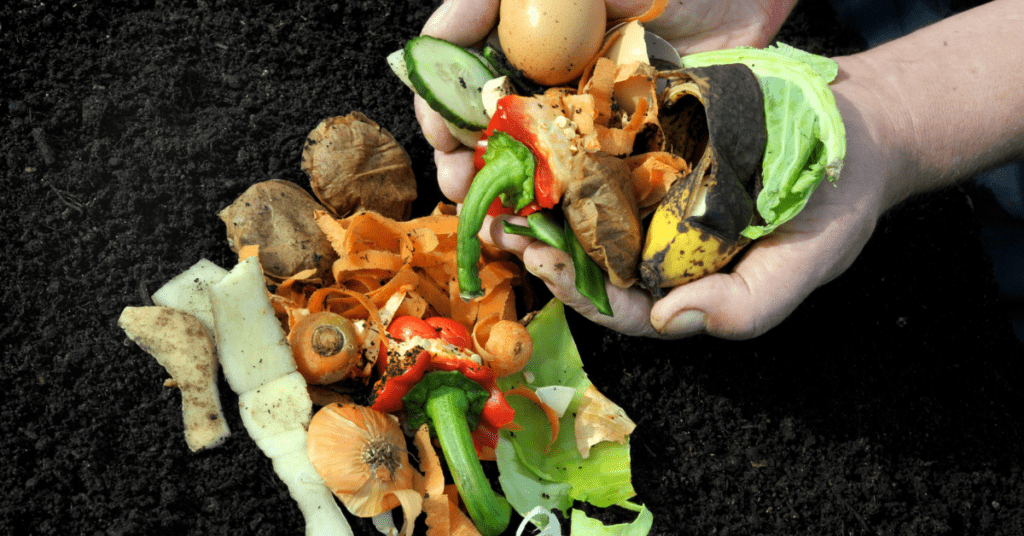
Cold composting is a type of composting that involves allowing organic matter to decompose naturally over time without adding heat or actively managing the process.
This method relies on microorganisms to break down the materials, including food scraps, yard waste, and other biodegradable materials.
The composting process is slow and can take several months to a year to produce finished compost.
Cold composting is a low-maintenance and easy-to-implement method suitable for home gardeners and those who want to recycle organic waste without much effort.
Vermicomposting
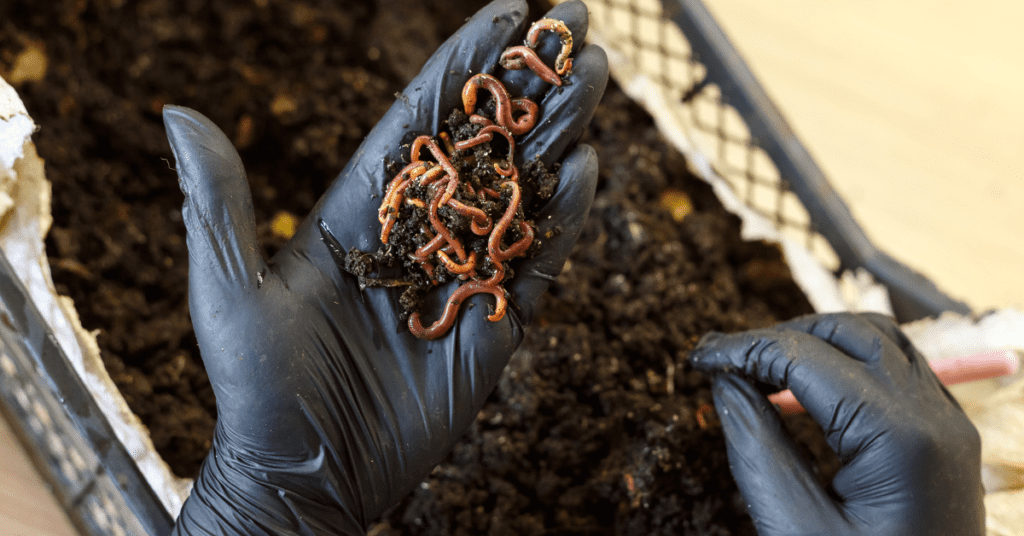
Vermicomposting is a type of composting that uses worms to break down organic material into nutrient-rich compost.
The process involves creating a suitable environment for worms to thrive and decompose organic matter, such as food scraps, yard waste, and paper products.
The resulting compost is a natural fertilizer that can nourish plants and improve soil health.
Vermicomposting is a sustainable and environmentally-friendly way to reduce waste and produce valuable soil amendments.
What Materials Can You Compost?
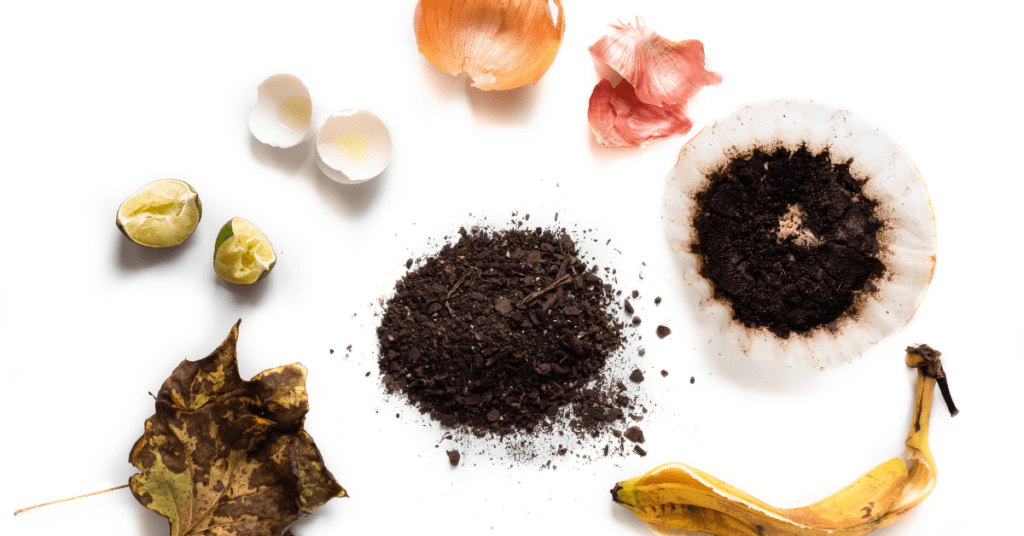
You can compost various organic matter, including food scraps, yard waste, paper products, and animal manure.
Food scraps such as vegetable and fruit peels, coffee grounds, eggshells, and nut shells are great for composting.
Yard waste, such as grass clippings, leaves, and small twigs, can also be composted.
Paper products such as newspaper, cardboard, and paper towels can be used for composting if they are shredded or torn into small pieces.
Animal manure from herbivores such as horses, cows, and rabbits can be used for composting, but avoid using manure from carnivores such as cats and dogs.
Types of Organic Matter Suitable for Composting
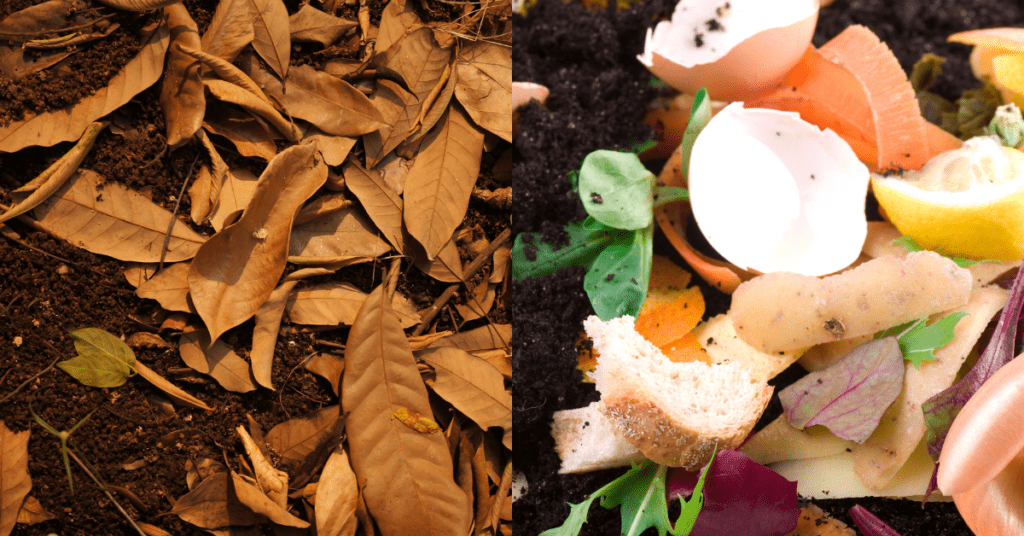
There are two types of organic matter suitable for composting: brown and green materials.
Brown materials include things like dried leaves, twigs, and branches, while green materials include grass clippings, vegetable scraps, and coffee grounds.
It is essential to have a balance of both brown and green materials for successful composting.
Brown materials provide carbon, while green materials provide nitrogen. The ideal ratio is 30 parts brown to 1 part green.
Things to Avoid Composting
There are some things you should avoid composting, including meat, dairy products, and fatty foods.
These items can attract pests and rodents to your compost pile. Also, avoid composting any plants that are diseased or have been treated with pesticides, as this can transfer the disease or chemicals to your garden.
Tips for Successful Composting
To ensure successful composting, it is essential to follow a few tips.
Maintain a proper balance of brown and green materials.
Keep your compost pile moist but not too wet.
Turn your compost pile regularly to help aerate it and speed up decomposition.
Keep your compost pile covered to prevent pests and rodents from accessing it.
Be patient. Composting takes time, and it can take a few months to a year to produce usable compost.
How to Compost at Home
Composting at home is easy and can be done in simple steps.
First, select a location for your compost pile. This can be in your backyard, on a balcony, or even in a small corner of your kitchen.
Second, collect your organic waste in a container, such as a bin or a bucket.
Third, add organic waste to your compost pile and a layer of brown materials.
Fourth, keep your compost pile moist and turn it on regularly.
Fifth, wait for your compost to break into a nutrient-rich soil amendment.
Composting in an Apartment or Small Space
If you live in an apartment or have limited space, you can still compost.
One option is to use a worm bin, a container containing worms and organic matter. The worms break down the organic matter, producing nutrient-rich worm castings.
Another option is to use a compost tumbler, a small, enclosed container that can be rotated to aerate the compost.
Finally, you can use a bokashi bin, which uses a particular type of bacteria to break down organic matter.
Using Compost in Your Garden
Once your compost is ready, you can use it in your garden to improve soil health and promote healthy plant growth.
Spread a layer of compost over your garden soil and mix it in. Compost can also be used as a top dressing for lawns or as a mulch to help retain moisture in the soil.
Additionally, you can use compost to make compost tea, a liquid fertilizer used to water your plants.
Conclusion on Composting
Composting is a simple, cost-effective, and environmentally friendly way to reduce waste and improve soil health.
Anyone can compost, regardless of space or location, by following these tips and guidelines.
So, start composting today and reap the benefits of a healthy garden and a healthier planet.
